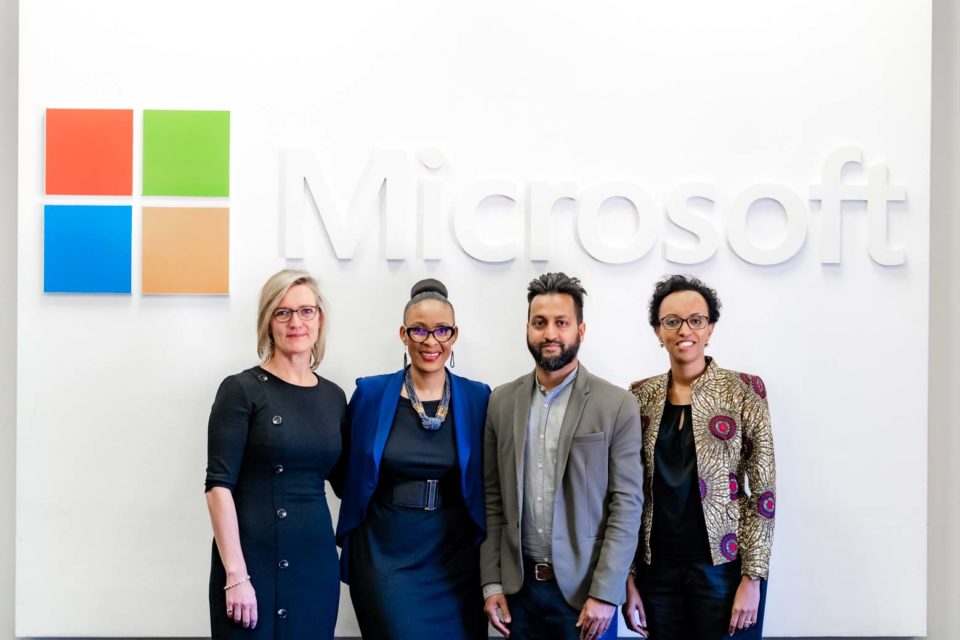Microsoft South Africa has announced a significant investment of 1.3 billion rand to bolster the nation’s digital economy and empower small and medium-sized enterprises (SMEs). This strategic move aims to enhance digital skills, foster entrepreneurship, and create job opportunities across South Africa.
Empowering SMEs
Microsoft recognizes the pivotal role of SMEs in driving economic expansion and diversification. By equipping SMEs with cutting-edge skills, the company aims to enhance their competitiveness and enable them to thrive in the rapidly evolving technological landscape.
Focus Areas
The investment will focus on critical fields such as:
- Cloud Computing: SMEs will gain expertise in cloud technologies, enabling them to harness the power of scalable computing resources.
- Cybersecurity: Strengthening SMEs’ ability to protect their digital assets and sensitive information.
- Data Analytics: Equipping businesses with data-driven insights for informed decision-making.
- Artificial Intelligence (AI): Enabling SMEs to leverage AI for efficiency and innovation.
- Machine Learning: Empowering organizations to build predictive models and automate processes.
Inclusivity and Sustainability
Microsoft’s commitment extends to historically marginalized groups. The investment prioritizes enterprises led by women and others who have faced barriers to economic participation. By addressing youth unemployment and social inequality, Microsoft aims to create a more inclusive and sustainable digital ecosystem.
Transformative Technologies
Microsoft recognizes the transformative potential of cloud computing and AI. These technologies can address pressing challenges faced by South Africa, from unemployment to environmental sustainability. By investing in digital skills, Microsoft contributes to the country’s long-term growth and prosperity.
Public Sector Collaboration
In addition to SME-focused initiatives, Microsoft collaborates with the South African government through the Public Sector Workplace Placement program. Skilled candidates receive low code/no code training, empowering them to develop prototypes and automate processes within government departments.



















Leave a Reply